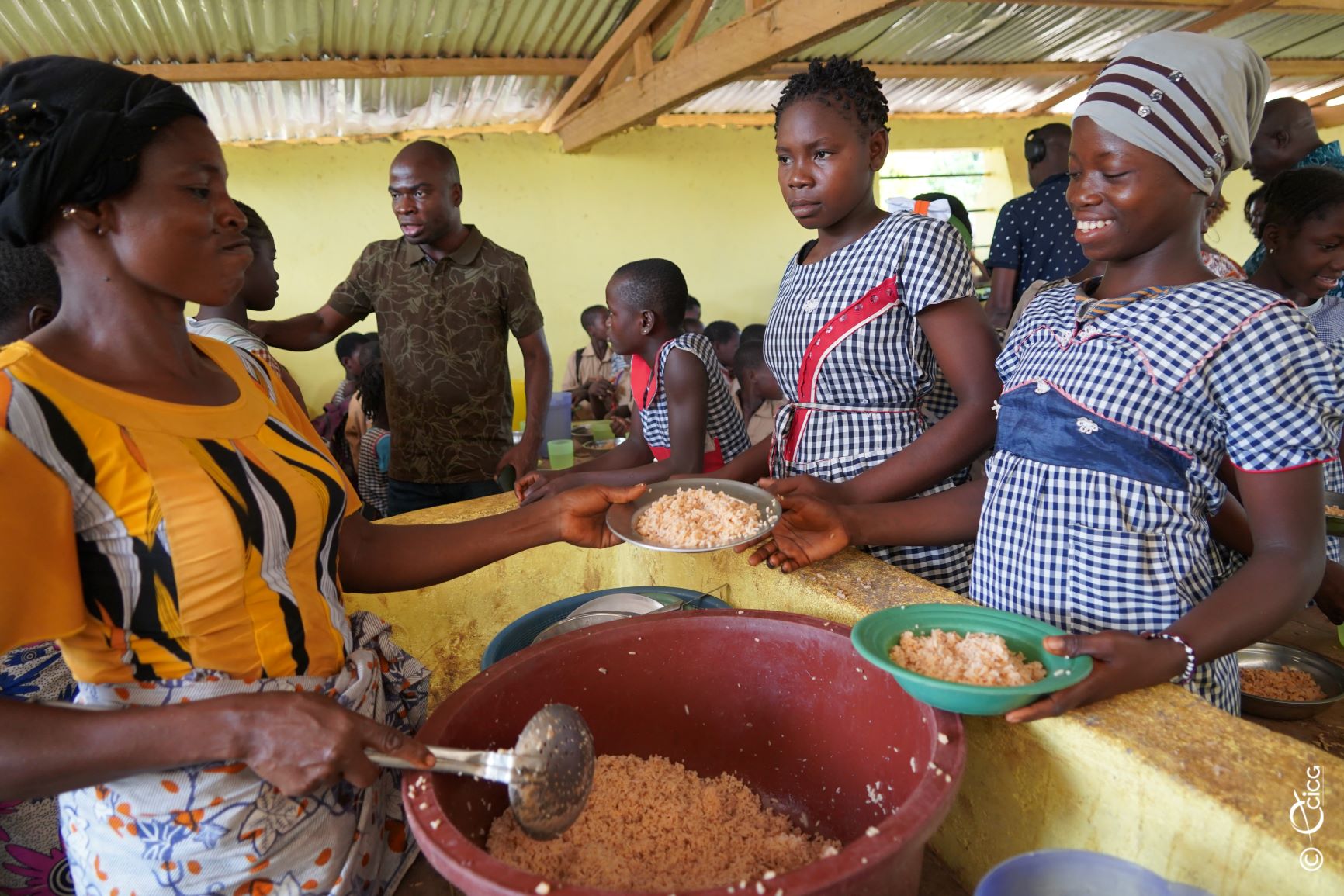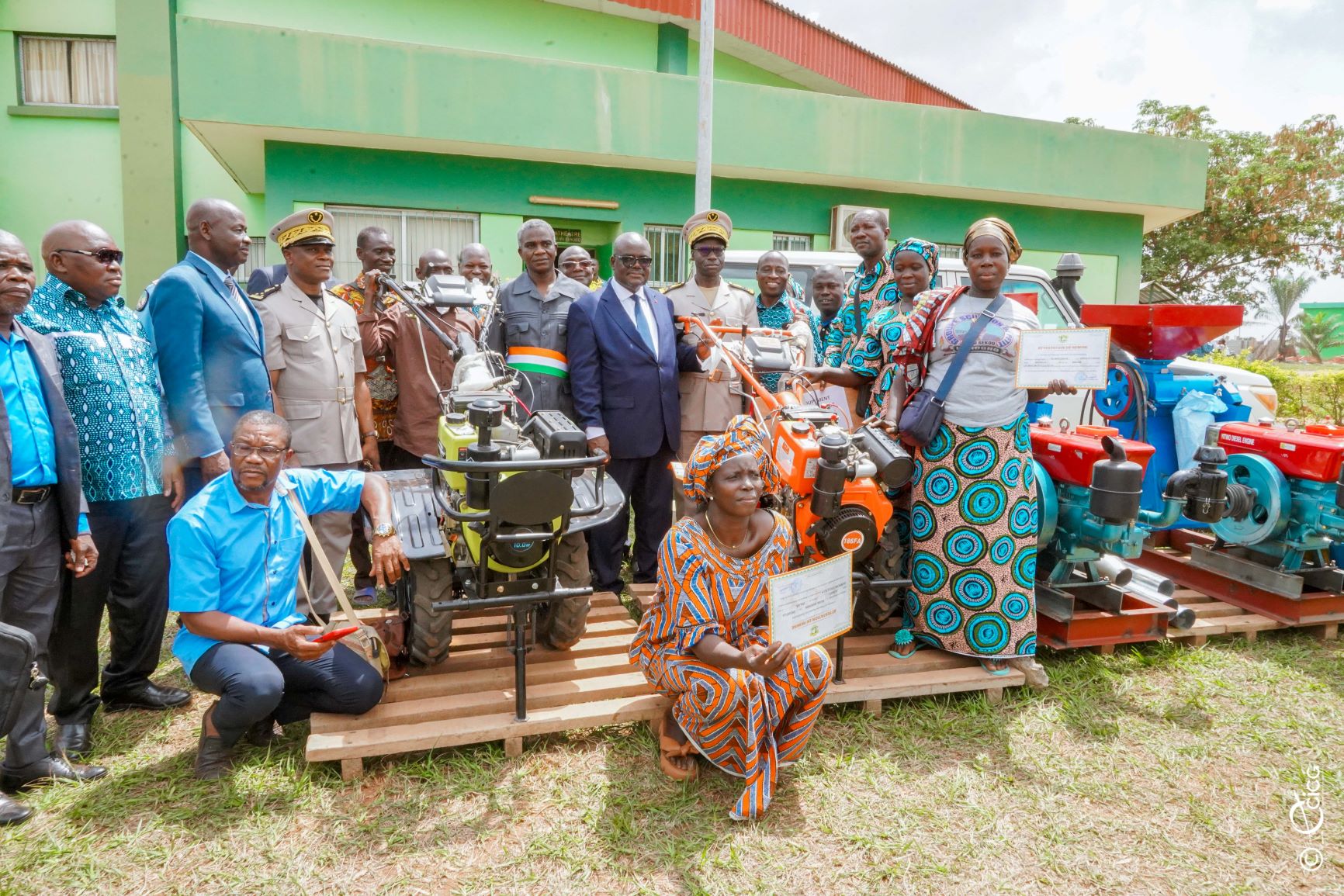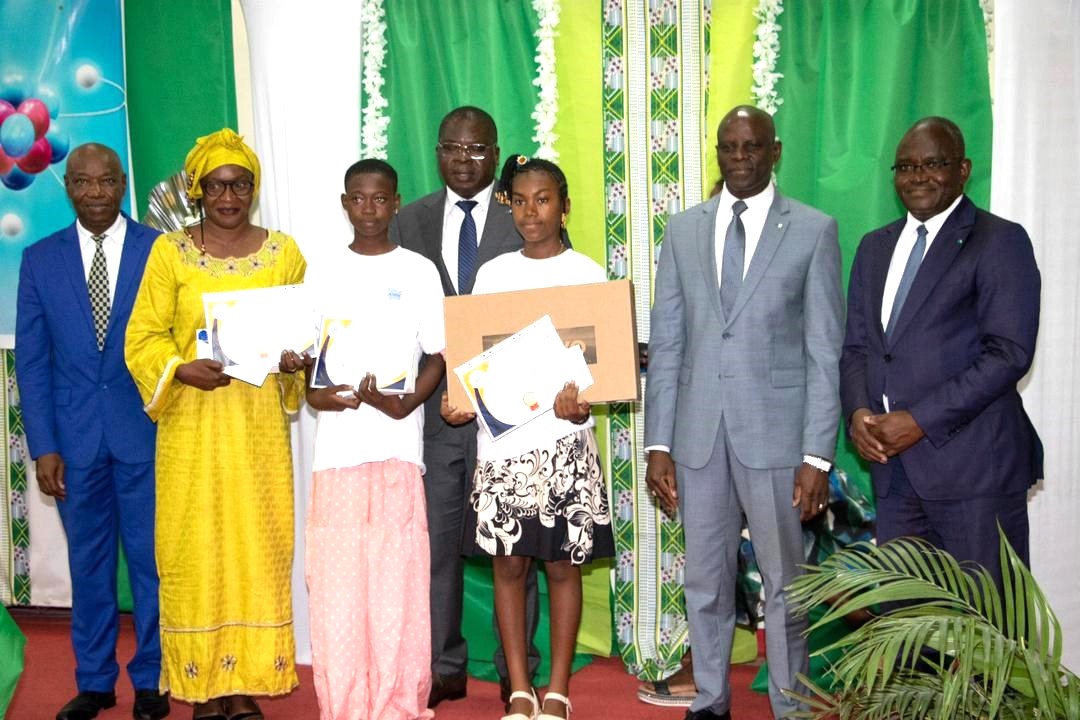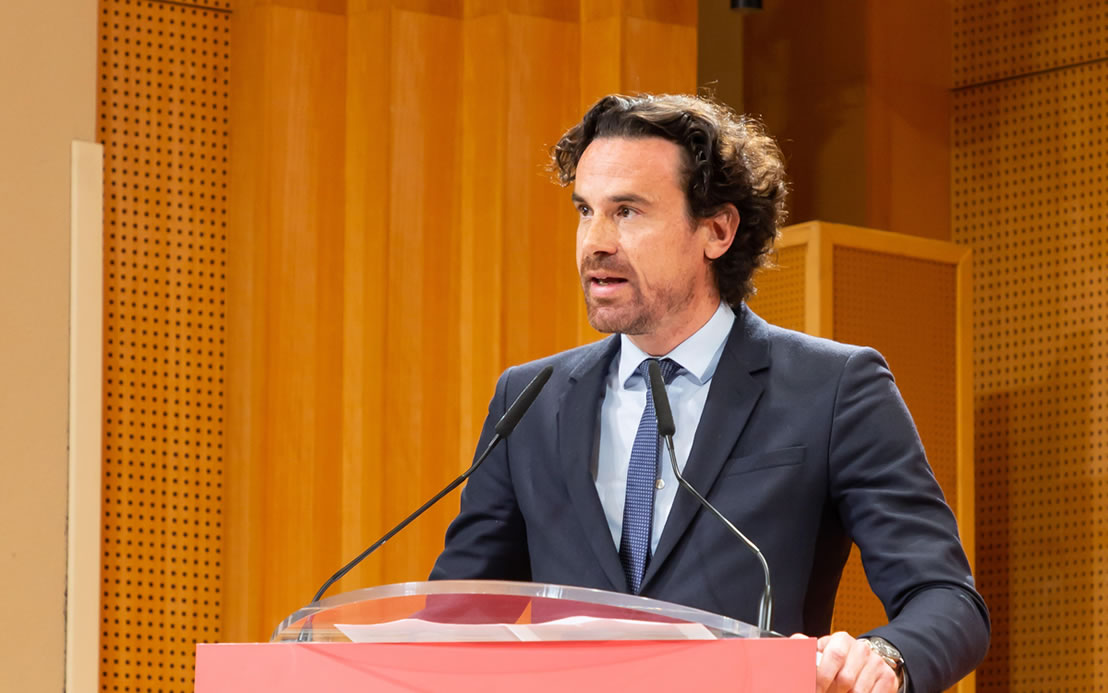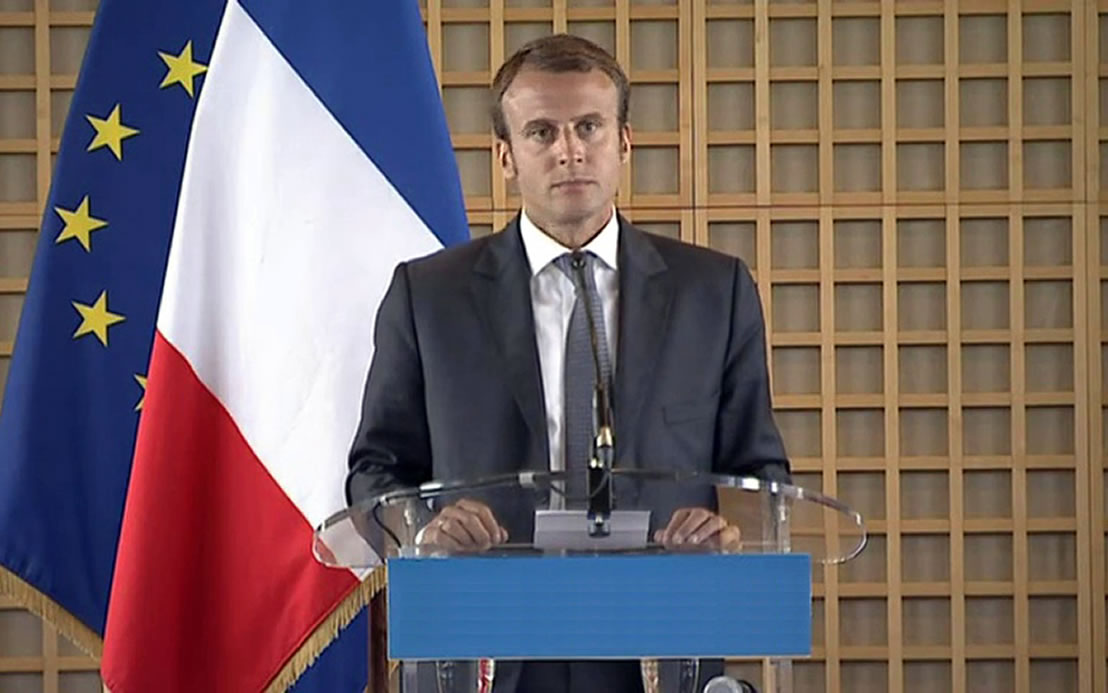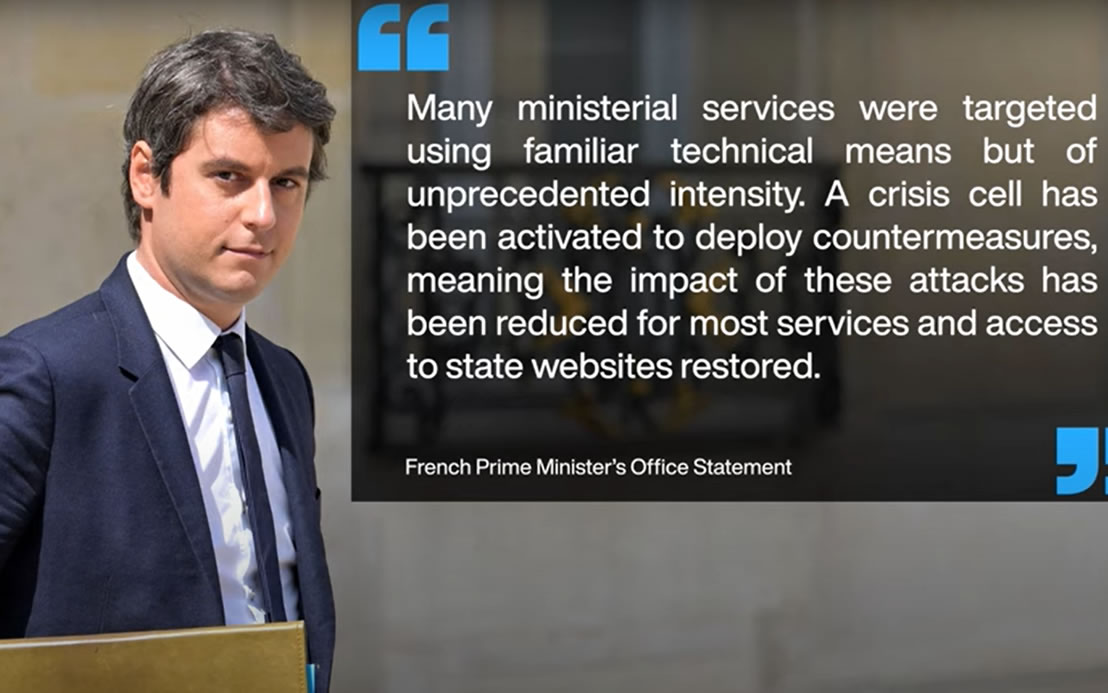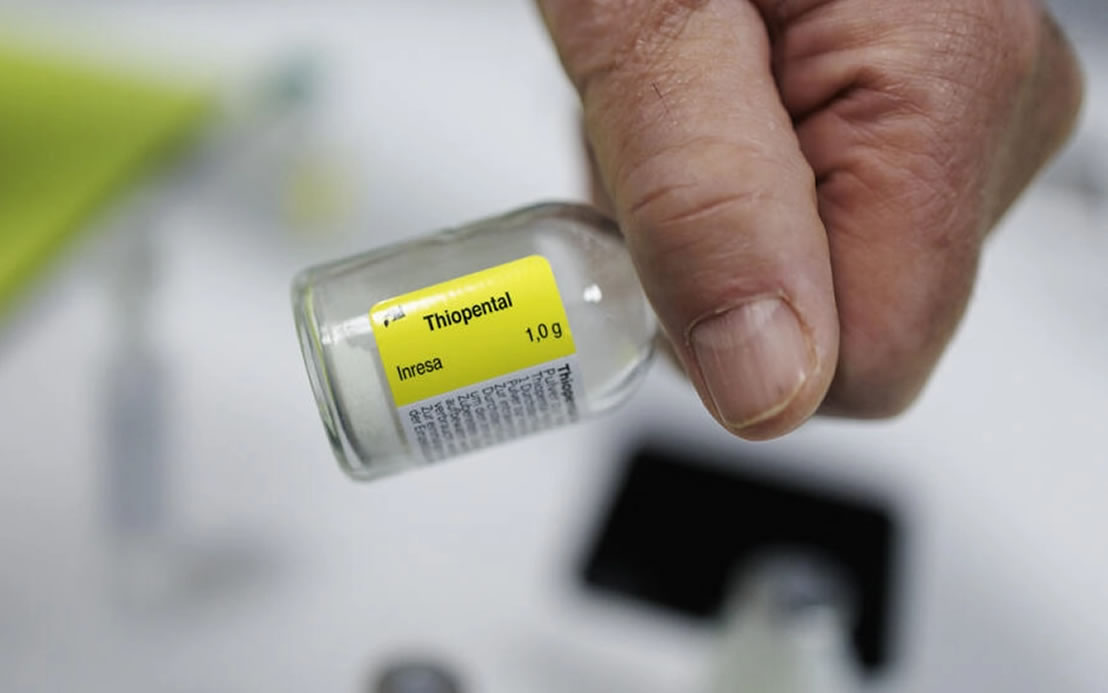The inauguration of the Anyama-Yapokoi sewage sludge treatment plant marks a major milestone in sustainable wastewater management in Ivory Coast. This state-of-the-art facility, built under the Sustainable Improvement Program for the Sanitation and Drainage Situation in the City of Abidjan (PADSAD), addresses critical environmental and health concerns. With a processing capacity of 300 m3 per day, it prevents the anarchic dumping of sewage sludge, which previously posed severe health risks to the population. By transforming treated sludge into fertilizer and reclaiming water for irrigation, this initiative aligns with the government’s broader vision to equip all regions with similar infrastructure by 2030. However, challenges such as waste management awareness, funding, and long-term operational efficiency remain. Addressing these issues is key to ensuring that sustainable wastewater management in Ivory Coast continues to support economic growth, public health, and environmental sustainability.
Key Concerns Addressed
- Unregulated sewage sludge dumping threatening public health.
- Lack of proper sanitation infrastructure in urban and rural areas.
- Environmental pollution due to untreated waste.
- Health risks from contaminated water sources.
- Need for sustainable waste recycling for economic benefits.
- Insufficient investment in sanitation projects.
- Limited public awareness about proper waste disposal.
- Water scarcity issues requiring efficient wastewater reuse.
- Climate resilience challenges linked to poor sanitation.
- Government commitment to national sanitation policies.
The Role of Sustainable Wastewater Management in Economic Growth
1. Improving Public Health Through Sanitation
Sustainable wastewater management in Ivory Coast plays a critical role in improving public health. Previously, unregulated sewage sludge disposal led to widespread waterborne diseases and unsafe living conditions. The Anyama-Yapokoi facility ensures that waste is properly treated, significantly reducing health risks for local communities. Cleaner environments lead to healthier populations, reducing medical costs and improving productivity.
2. Enhancing Environmental Protection
The impact of untreated sewage sludge on the environment has been severe, contributing to land and water contamination. Sustainable wastewater management in Ivory Coast, through facilities like Anyama-Yapokoi, addresses this by ensuring proper waste treatment and disposal. The initiative also promotes water recycling and soil enrichment through processed sludge, supporting ecological conservation efforts.
3. Boosting Economic Development Through Waste Recycling
Sewage sludge, when properly treated, can become a valuable resource. The Anyama-Yapokoi plant converts treated sludge into organic fertilizer, providing farmers with a cost-effective alternative to chemical fertilizers. Additionally, reclaimed water can be used for irrigation, supporting agriculture and reducing reliance on freshwater sources. These initiatives contribute to the growth of a circular economy in Ivory Coast.
4. Infrastructure Investment and Job Creation
The government's ambition to establish sewage sludge treatment plants across all regions by 2030 represents a significant infrastructure investment. Sustainable wastewater management in Ivory Coast not only improves sanitation but also creates employment opportunities in construction, maintenance, and waste management sectors. This enhances local economies and ensures long-term operational efficiency.
5. Challenges and Future Strategies for Sustainability
While the Anyama-Yapokoi plant is a significant step forward, challenges remain. Public awareness about proper sanitation practices needs to be improved to ensure effective waste disposal at the household level. Additionally, securing long-term funding for wastewater management projects is crucial to maintain operational efficiency. Government policies must continue to support innovation, including exploring new technologies for wastewater treatment and resource recovery.
Sustainable wastewater management in Ivory Coast is an essential driver of economic growth, environmental conservation, and public health improvement. The Anyama-Yapokoi sewage sludge treatment plant serves as a model for future developments, demonstrating how proper sanitation infrastructure can transform urban and rural communities. However, continued investment, policy enhancements, and community engagement will be key to ensuring that Ivory Coast achieves its long-term sanitation and sustainability goals. With collective efforts, the nation can lead the way in Africa’s green sanitation revolution.






